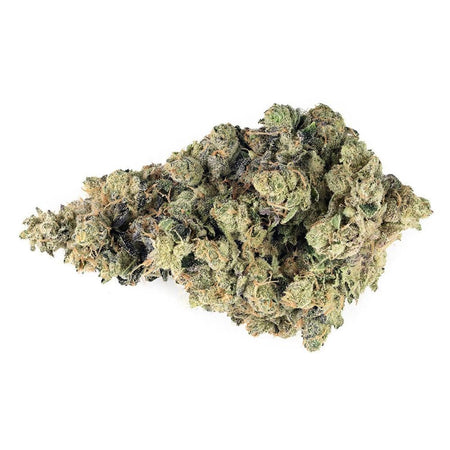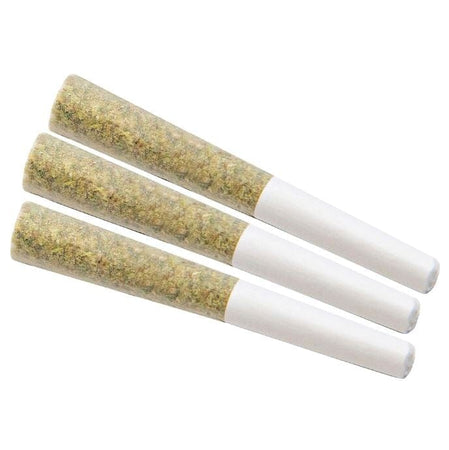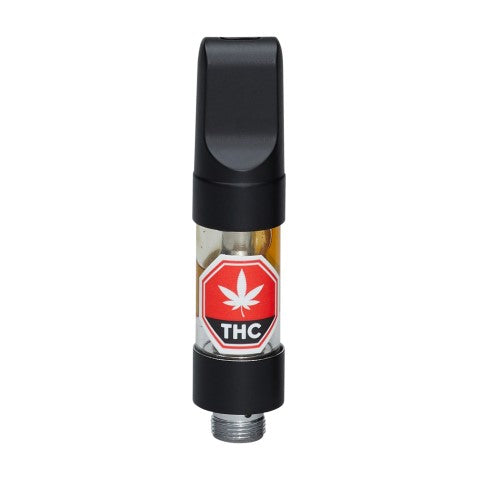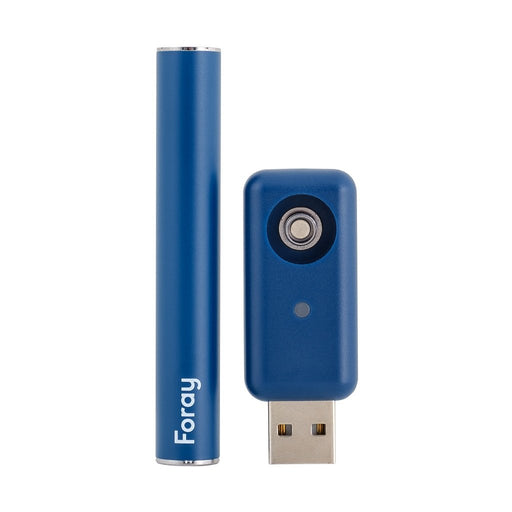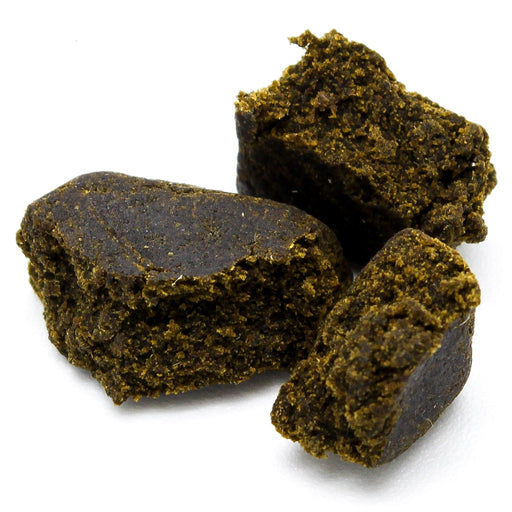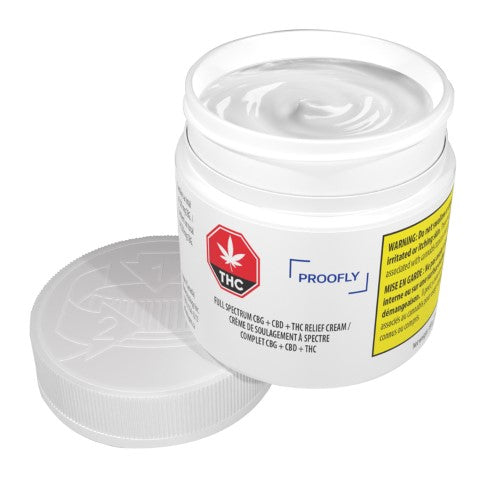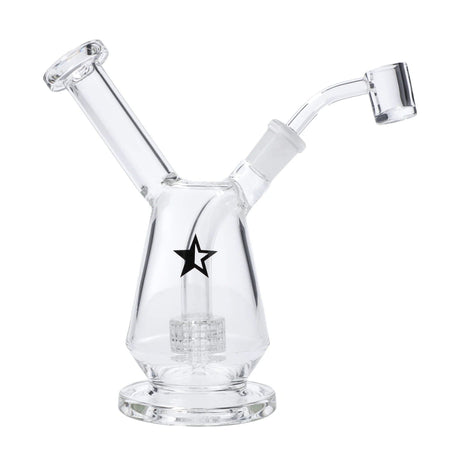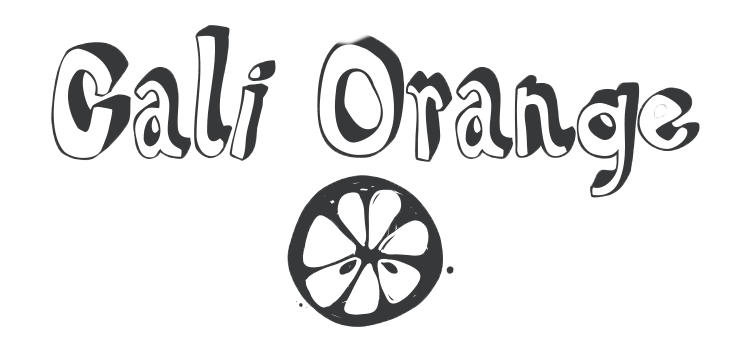The Rise of the Official Weed Supermarket in the UK
The emergence of the official weed supermarket in the UK marks a significant shift in both legislative and social landscapes. This development has been propelled by a series of legislative changes that have gradually eased restrictions on cannabis. These changes are a reflection of growing social acceptance, acknowledging the medicinal and recreational benefits of cannabis. As a result, the official weed supermarket has been established to provide a regulated and safe marketplace for consumers.
One of the primary benefits of having an official cannabis marketplace is the improvement in product quality. Unlike the unregulated market, where products can vary in potency and purity, the official weed supermarket ensures that all products meet strict quality standards. This regulation minimizes the risks associated with contaminated or mislabeled products, enhancing consumer safety. Additionally, consumers can access a wide range of cannabis products, including flowers, oils, edibles, and topicals, all of which are clearly labeled with their contents and effects.
The official weed supermarket operates under stringent guidelines to ensure a seamless and secure shopping experience. Consumers can expect a well-organized layout, knowledgeable staff, and a variety of payment options, including online purchases with discreet delivery services. This structured environment not only provides convenience but also fosters trust and reliability among consumers.
Economically, the official weed supermarket has had a positive impact. The legalization and regulation of cannabis have led to job creation within the industry, ranging from cultivation and production to retail and distribution. This new sector has also generated substantial tax revenue, which can be allocated to public services and infrastructure. Furthermore, the official market has the potential to reduce the financial burden on the criminal justice system by decreasing the number of cannabis-related offenses.
Overall, the rise of the official weed supermarket in the UK represents a progressive step towards a more regulated and socially accepted cannabis industry. By ensuring product quality, enhancing consumer safety, and contributing to the economy, this marketplace offers a promising future for both consumers and the broader community.
Spotting and Avoiding Cannabis Scammers in 2024
As the cannabis market in the UK continues to grow, so does the risk of encountering scammers. In 2024, consumers need to be vigilant about identifying and avoiding fraudulent activities. One of the most common scams involves fake online stores that appear legitimate but are designed to steal money and personal information. These sites often offer too-good-to-be-true deals, lack clear contact information, and may not have secure payment options. To avoid falling victim, always verify the store’s legitimacy by checking for business licenses and certifications.
Counterfeit products are another significant concern. Illegitimate sellers may offer products that mimic well-known brands but contain harmful substances or incorrect dosages. To ensure you’re getting genuine products, purchase only from authorized retailers and check for product authenticity codes where applicable. Reviews from other consumers can also provide valuable insights into the reliability of a seller and the quality of their products. Look for consistent feedback and avoid sellers with numerous complaints or negative reviews.
Misleading advertising is a tactic used by scammers to lure consumers with false claims. Be wary of exaggerated benefits or miracle cures that lack scientific backing. Legitimate sellers adhere to strict advertising regulations and provide transparent information about their products. When in doubt, consult reputable sources or regulatory bodies for accurate information.
Regulatory bodies and consumer protection agencies play a crucial role in combating cannabis scams. Stay informed about the latest guidelines and alerts from organizations such as the Medicines and Healthcare products Regulatory Agency (MHRA) and the Office for Product Safety and Standards (OPSS). These agencies work to enforce regulations and protect consumers from fraudulent activities. Reporting scams to these bodies can help prevent others from becoming victims.
Real-life examples highlight the importance of vigilance. For instance, a consumer named Jane shared her experience of purchasing from an online store that disappeared after she made a payment. Her story underscores the need for thorough research and caution. Learning from such testimonials can help you navigate the market safely and avoid potential pitfalls.

